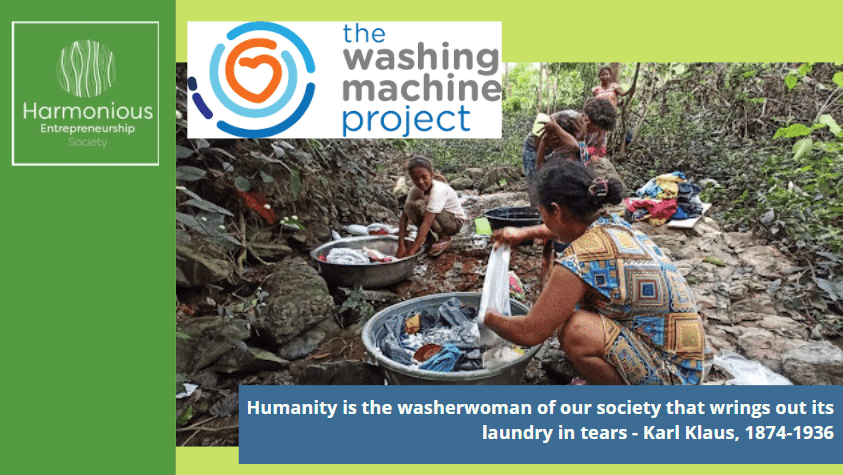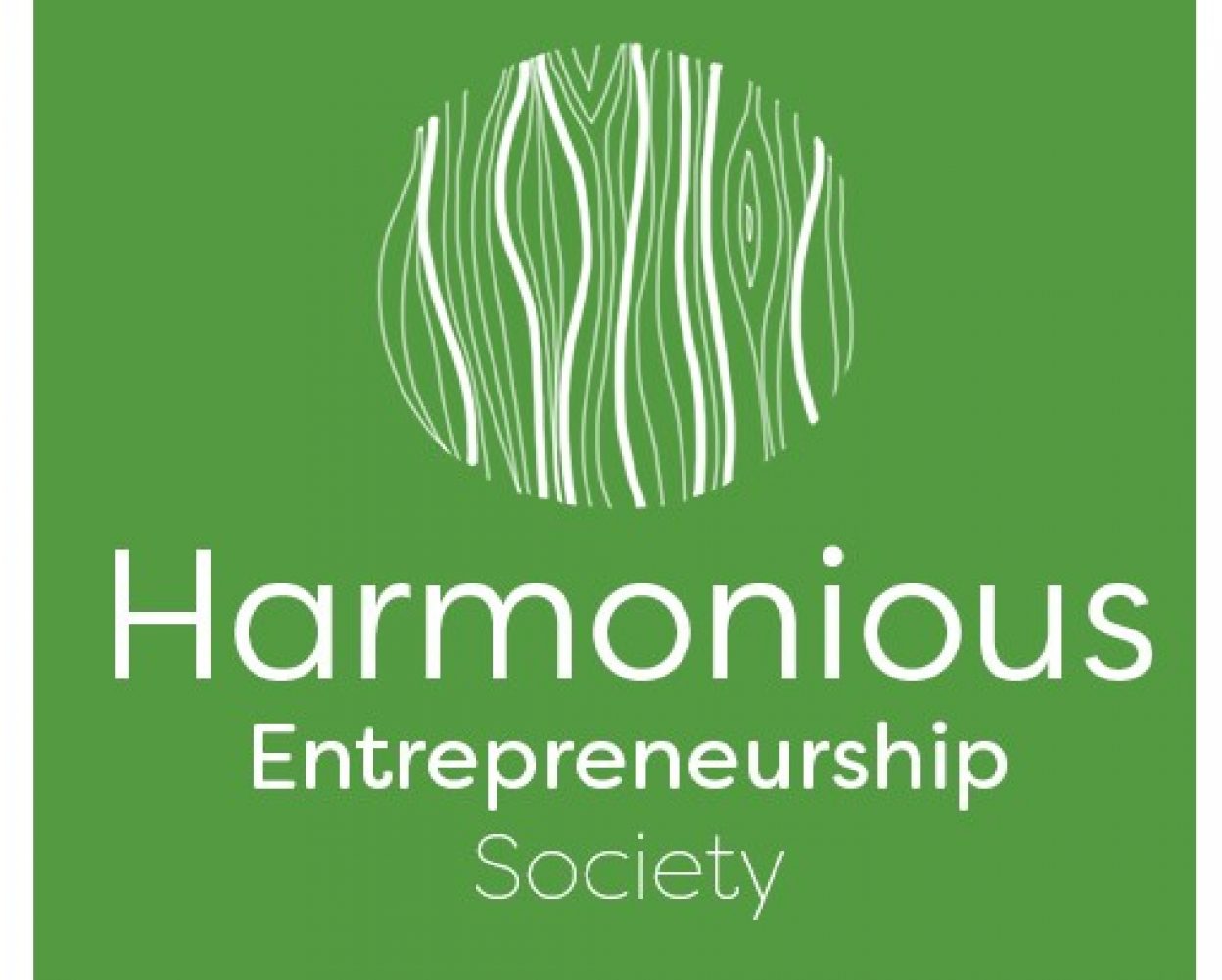
Humanity is the washerwoman of our society that wrings out its laundry in tears – Karl Klaus, 1874-1936
The handwashing of clothes is a simple but time-consuming and energy-sapping task that has been a significant source of invention for centuries. To reduce the tedium of handwashing some ancient civilisations used to bag their clothes and drag them along behind their boats, while the Ancient Romans invented the fullery or fullonica where the fullers (or laundry workers) soaked clothes in urine and then trampled them with their feet. Since then, and with the invention of the first manual washing machine in the 18th century, clothes washing has become increasingly high tech. Over 90 per cent of the population in the developed world now own a sophisticated electric washing machine with an average energy usage of between 36,000 and 52,000 watts a year. However, some 70 per cent of the world’s population lacks access to an electric washing machine. For most of them, usually the women and girls, clothes washing remains a laborious, back-breaking and unhealthy task taking some 20 hours a week in many cases.
While there have been many attempts to address this problem, most have failed to reduce the labour and time involved, but one young, 29-year-old British Engineer has done just that, basing his invention on the traditional salad spinner. Navjot (meaning new in Punjabi) Sawhney is a Master of Engineering from Queen Mary College, the University of London, with an MSc in Humanitarianism, Conflict and Development from the University of Bath. He has worked with Dyson as a Cost Engineer, and from October 2017-March 2021 was a Senior Cost Engineer with Jaguar Land Rover. In 2018 he founded “The Washing Machine Project” which is ”developing a washing solution that will be affordable, portable and accessible for everyone, everywhere”.
After graduation, he joined “Engineers without Borders” and was sent to southern Indian to make cooking stoves. The village he lived in did not have running water and only infrequent access to electricity. His next-door neighbour, Divya, complained to him that as a result of having to hand wash her family’s clothes, her hands and back hurt, and she also had skin irritation. So much of her time was spent cooking and washing she was unable to what she really wanted, which was to start her own business. To her delight, he promised to build a washing machine that did not require electricity or running water and would relieve her of the physical burden of handwashing.
When he did, he named it after her, Divya. The machine, made out of wood and plastic, has a drum capacity of 5Kg but uses only 10 litres of water per cycle, unlike the average electrical machine that uses 30 litres for each of the two wash cycles. The total cycle – wash, clean and dry – takes 15 minutes and reduces the wash time by 75 per cent from around 2 hours a day to just 30 minutes. Importantly the machine sells for only £24 per machine and incurs no running costs as it is powered manually. It has been beta-tested in Iraq in partnership with Oxfam and the iraq”>Iraq Response Innovation Lab who funded the production of 50 machines to help families in the camps of displaced people in Kurdish and Federal Iraq. From this and interviews with some 500 families in 5 countries, they have received valuable feedback and advice on improving the design.

“What drives us forward”, says Nav, “is a common goal to make the world a better place with the skills we have. The exciting thing is that we are only just getting started”. Over the next three years, the Washing Machine project has plans and the funding (from Electrocomponents plc) to distribute 7500 machines in 10 countries, impacting 100,000 people. Additionally, they are in discussions with Iraq Response Innovation Lab to have 150 washing machines made locally by local engineers to empower them and the economy. At the same time they are teaching local mechanics how to repair the machines. As Nav says, though, “why should we stop at washing machines?…I just want to keep creating solutions that help people”.
Already they are doing that and, at the same time, addressing several of the UN’s Sustainable Development goals, most notably SDGs 3 (Good Health and Well-being), 5 (Gender Equality), 7 (Affordable and Clean Energy), 8 (Decent Work and Economic Growth), 9 (Industry, Innovation and Infrastructure), 10 (Reduced Inequalities), 11 (Sustainable Cities and Communities), 12 (Responsible Consumption and Production), 15 (Life on Land) and 17 (Partnerships for the Goals). They are harmonising economic, eco, humane and social entrepreneurship and, in the process, are addressing the sustainability challenge.
© Harmonious-Entrepreneurship.org (2021). Unauthorized use and/or duplication of this material without express and written permission from the author is strictly prohibited. Excerpts and links may be used, provided that full and clear credit is given to Harmonious-Entrepreneurship.org with appropriate and specific direction to the original content.


1 comment